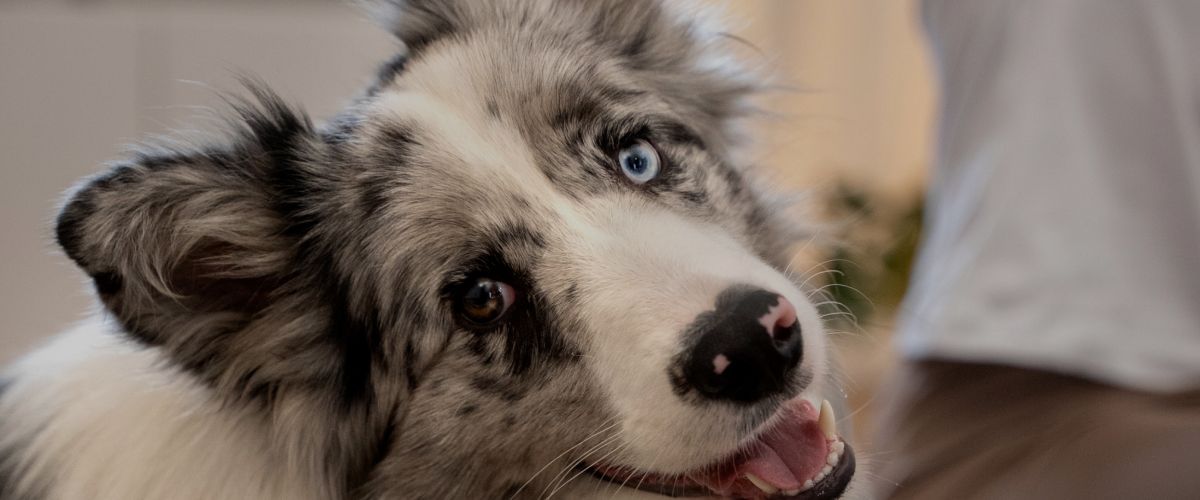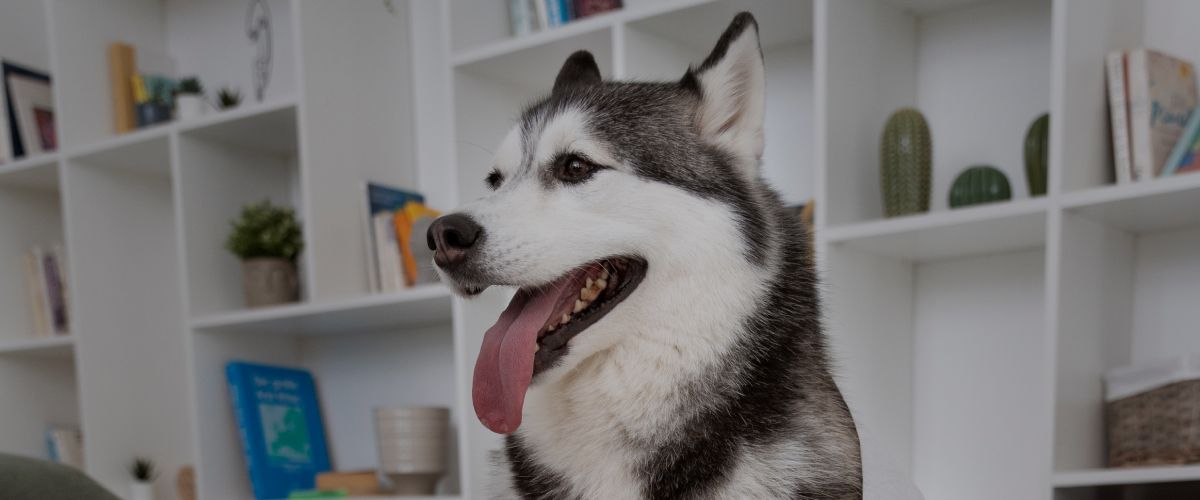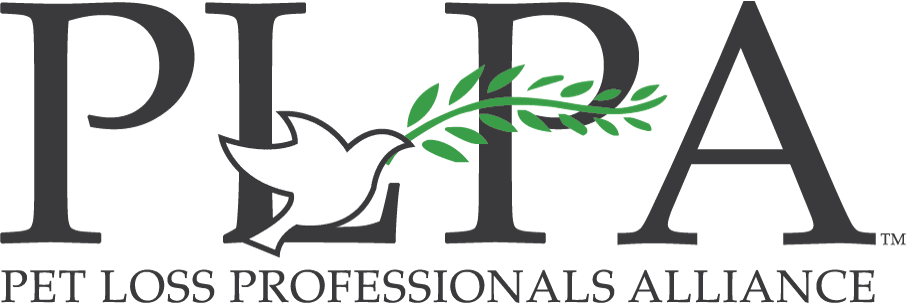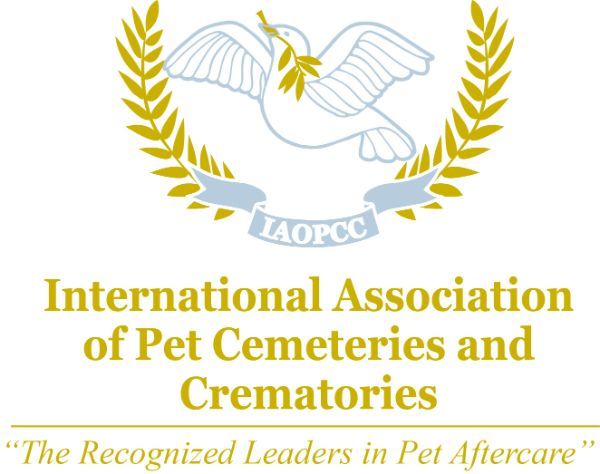Responsible Dog Ownership
Responsible dog ownership is more than just providing your pet with food, water, and shelter—it involves a lifelong commitment to the health, happiness, and well-being of your dog. From meeting their physical needs to nurturing their emotional and social development, being a responsible dog owner requires dedication, effort, and a genuine love for your canine companion.
1. Commitment to Care
Owning a dog is a long-term commitment that can span 10 to 15 years or more. It’s crucial to understand the time, financial, and emotional investment required before bringing a dog into your home. Proper care includes regular veterinary check-ups, vaccinations, and preventive measures like flea and tick control, as well as ensuring your dog has a balanced diet, plenty of exercise, and mental stimulation. Setting aside time for walks, play, and training is vital for your dog’s health and happiness.
2. Proper Training and Socialization
Training your dog is a fundamental aspect of responsible ownership. From basic commands like “sit” and “stay” to more advanced obedience skills, proper training ensures your dog is well-behaved and able to interact safely with people and other animals. Socializing your dog early helps them become more comfortable in different environments and reduces anxiety or aggression in unfamiliar situations. Enrolling in training classes or working with a professional trainer can be beneficial, especially for new dog owners.
3. Spaying and Neutering
Spaying or neutering your dog is one of the most responsible decisions you can make as a pet owner. Not only does it help prevent the overpopulation of unwanted animals, but it also reduces the risk of certain health problems, including cancers and behavioral issues. Consult with your veterinarian to determine the appropriate age and timing for the procedure.
4. Providing a Safe Environment
Ensuring your dog has a safe and comfortable living environment is a key aspect of responsible ownership. Whether you live in an apartment or a house with a yard, your dog should have a secure space where they can play, rest, and feel at ease. Always supervise your dog when outdoors, and ensure that your yard is fenced or that your dog is on a leash when walking in public spaces. Additionally, microchipping your dog and using proper identification tags are essential steps in case your dog gets lost.
5. Routine Exercise and Mental Stimulation
Dogs need regular physical activity to maintain a healthy weight and prevent boredom. Daily walks, playtime, and opportunities to explore new environments are essential for their well-being. Along with physical exercise, mental stimulation is equally important. Puzzle toys, interactive games, and training sessions can keep your dog’s mind sharp and reduce destructive behaviors caused by boredom or frustration.
6. Regular Veterinary Care
Routine veterinary visits are crucial for maintaining your dog’s health. Annual check-ups, vaccinations, dental care, and preventive treatments like heartworm medication are necessary to keep your dog healthy and catch any potential issues early. As your dog ages, more frequent vet visits may be required to monitor their health and address age-related conditions.
7. Respect for Others
Responsible dog ownership extends beyond your own home. Being mindful of others when in public spaces is an essential part of owning a dog. Always leash your dog in public, clean up after them, and ensure that they are not causing distress to others. In multi-family residences or apartments, it’s important to respect noise levels and the comfort of your neighbors.
8. Understanding Your Dog’s Needs
Every dog breed has different needs in terms of exercise, grooming, and health care. Responsible owners research and understand the specific requirements of their dog’s breed, size, and age. For instance, high-energy breeds like Border Collies or Huskies will need more exercise than smaller, more sedentary breeds like Bulldogs or Pugs. Grooming needs can also vary significantly depending on coat type, with long-haired breeds requiring more frequent grooming sessions.
9. Planning for the Future
Life changes can happen unexpectedly, so it’s important to plan for your dog’s future. Whether through setting up pet care in your absence or ensuring financial stability for emergencies, planning ahead ensures your dog is cared for, even when circumstances shift. Having a pet insurance plan or an emergency savings fund for unexpected vet bills can help alleviate stress in case of illness or injury.
Conclusion
Responsible dog ownership is a rewarding experience that enhances the lives of both dogs and their owners. By committing to your dog’s well-being, providing proper training and socialization, ensuring their health through veterinary care, and creating a safe, loving environment, you can enjoy a lifelong bond with your furry friend. Dogs depend on their owners for care, love, and guidance, and it’s up to each pet owner to ensure their dog leads a happy, healthy, and fulfilling life.
The post Responsible Dog Ownership appeared first on Angelpaw.







